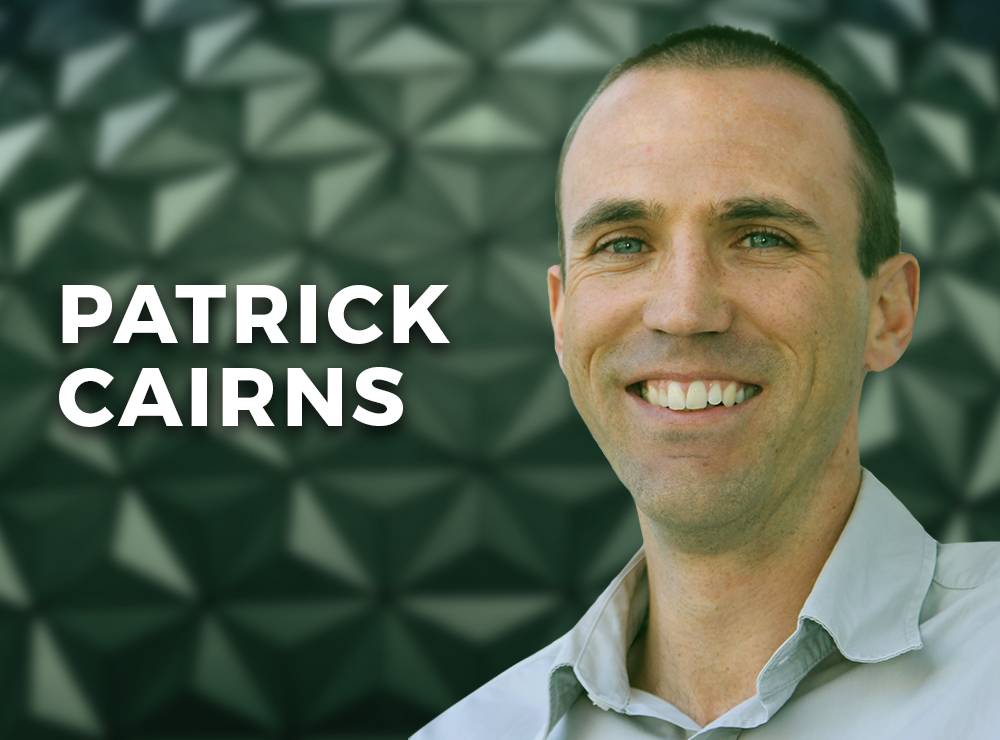
By PATRICK CAIRNS
Over the last few weeks, markets have delivered a stunning reminder that investing comes with a large degree of risk. Between 21 February and 23 March, the FTSE 100 lost over 33%. The index is now trading at the same levels it was 10 years ago.
Many investors are understandably worried. Balances on their personal pension plans will have dropped sharply. This may be less of a concern for those who are still many years away from retirement and therefore have time for the markets to recover. For people who may need their money in the next few years, however, this is highly unsettling.
It’s also disturbing for anyone already in retirement. If their capital balance drops, they may have to reduce their income to ensure that it is sustainable.
The urge to act
In these times of stress, investors will inevitably feel the need to “do something”. The economist John Maynard Keynes famously referred to this as our “animal spirits” — the urge to action rather than inaction.
There are two key factors at play here. The first is that when things go wrong the natural desire is to want to do something to fix it. Doing nothing seems indecisive, or weak.
The second is that at times like this uncertainty is extremely high. Nobody knows how severe or how lasting the affects of the coronavirus will be on human life and the global economy.
Making rational choices in this environment is therefore impossible. Nobody can accurately estimate what is going to happen to companies’ profits, for example. So the only way we can make decisions is if we are guided by something other than logic.
Almost invariably, what takes its place in these circumstances is emotion.
Safe and sound
What we tend to crave most when things are so unsettled is certainty and security. We want things to be predictable.
This is an emotional need, and unfortunately it can lead to a compounding of the sorts of investment decisions that hurt our long-term well-being.
The first of those decisions is that we run from the danger — we withdraw our money from the stock market. In doing so, however, we accept that loss. We don’t give ourselves the opportunity to let the stock market do what it has always done, and recover.
We then take that money and look for some kind of certainty. In a best case scenario we put it in the bank, where we get the comfort of a fixed interest rate. This makes us feel confident that we won’t lose any more.
Everything has a risk
Keeping your savings in cash, however, is never a good idea over the long term. At the moment, the fixed savings rates at UK banks are no higher than the country’s official inflation rate.
What that means is that someone who invests in one of these products will never grow their wealth. They will also never be able to increase their income to keep up with inflation. Over time, in other words, they will be getting poorer.
So while they may have negated the risk of losing money in the short term, they have guaranteed that their wealth will steadily decline over the long term.
Asking for more
The even greater danger, however, is that investors may fall into the clutches of the snake-oil salesmen who invariably pop up at times like this. These are the people promoting “investments” that offer guaranteed returns and attractive interest rates.
When people are scared about their finances, they are most vulnerable to these scams because they appear to be offering what they most want. However, this is the time to be extra vigilant. The most important question to ask anyone promoting any financial solution now is: “what are the disadvantages?”
There is no such thing as an investment without any downside. Even the security of cash in the bank comes with the serious risk of not keeping up with inflation. So anyone who says that they have an investment with no disadvantages, or that it is is risk-free, either doesn’t understand investing or is lying.
Either way, investors shouldn’t trust them. They are making a sales pitch, not giving advice, and that means that they are looking after their own interests, not yours.
One of South Africa’s most respected financial journalists, PATRICK CAIRNS is a trusted commentator on the world of investments and the quirks of behavioural finance. Over more than a decade he has built a reputation for keeping the industry honest, and putting the interests of investors first.
If you are interested in reading more of his work, here are his most recent articles for TEBI:
Are markets still rational, even in a crash?
A market lesson in a time of crisis
As investors have grown more astute, passive investing has grown
How much should the economy matter to stock market investors?
A lesson still worth learning three centuries later
© The Evidence-Based Investor MMXX









